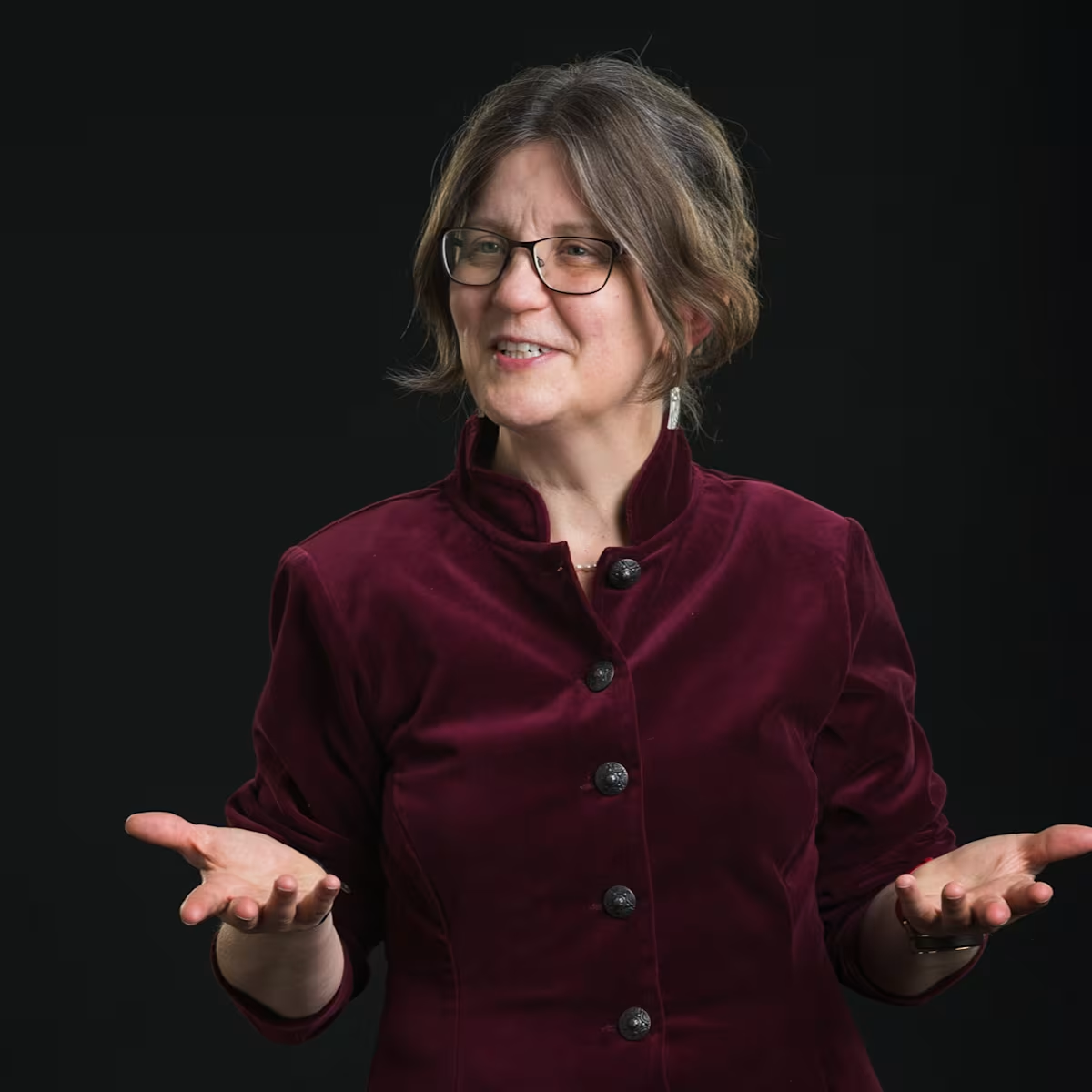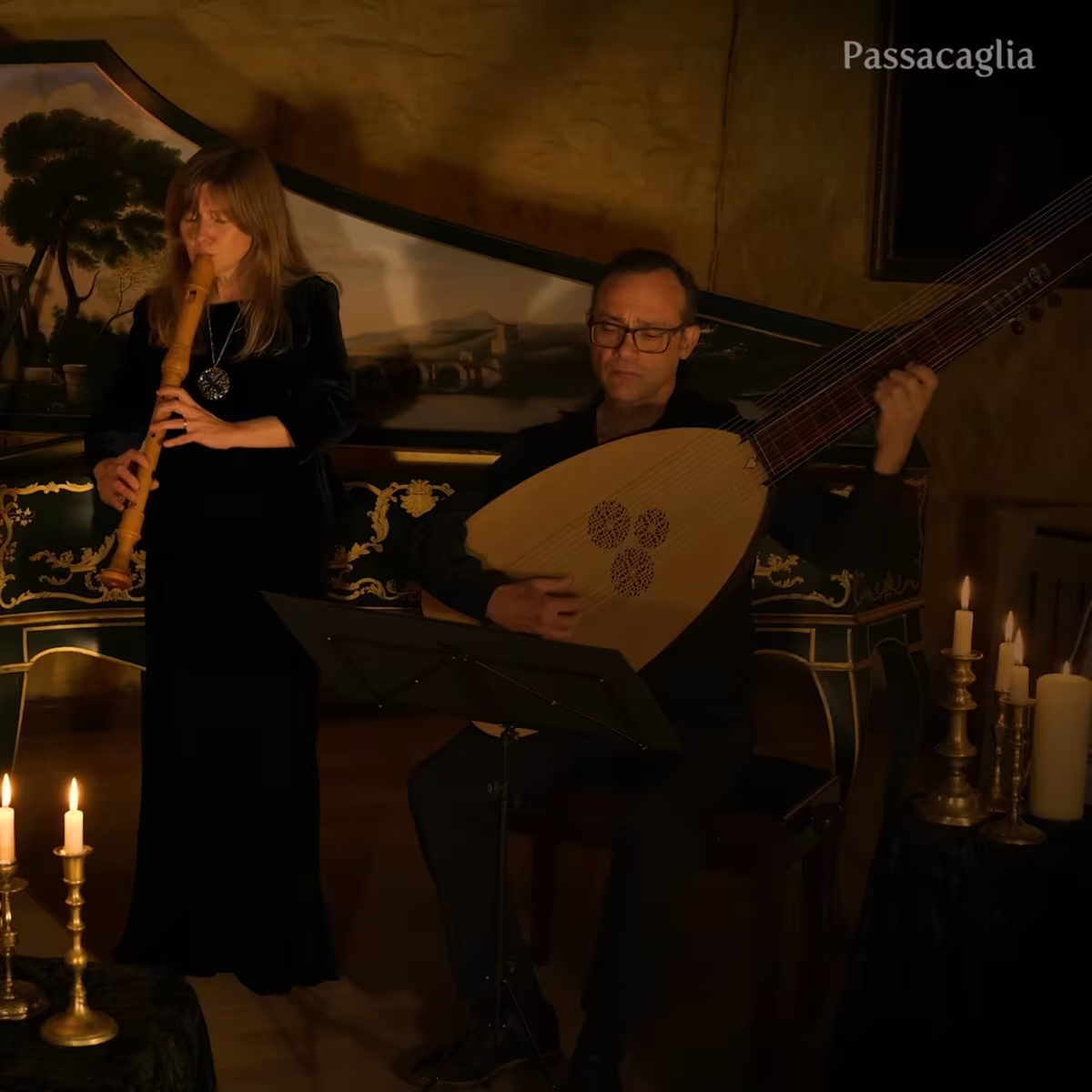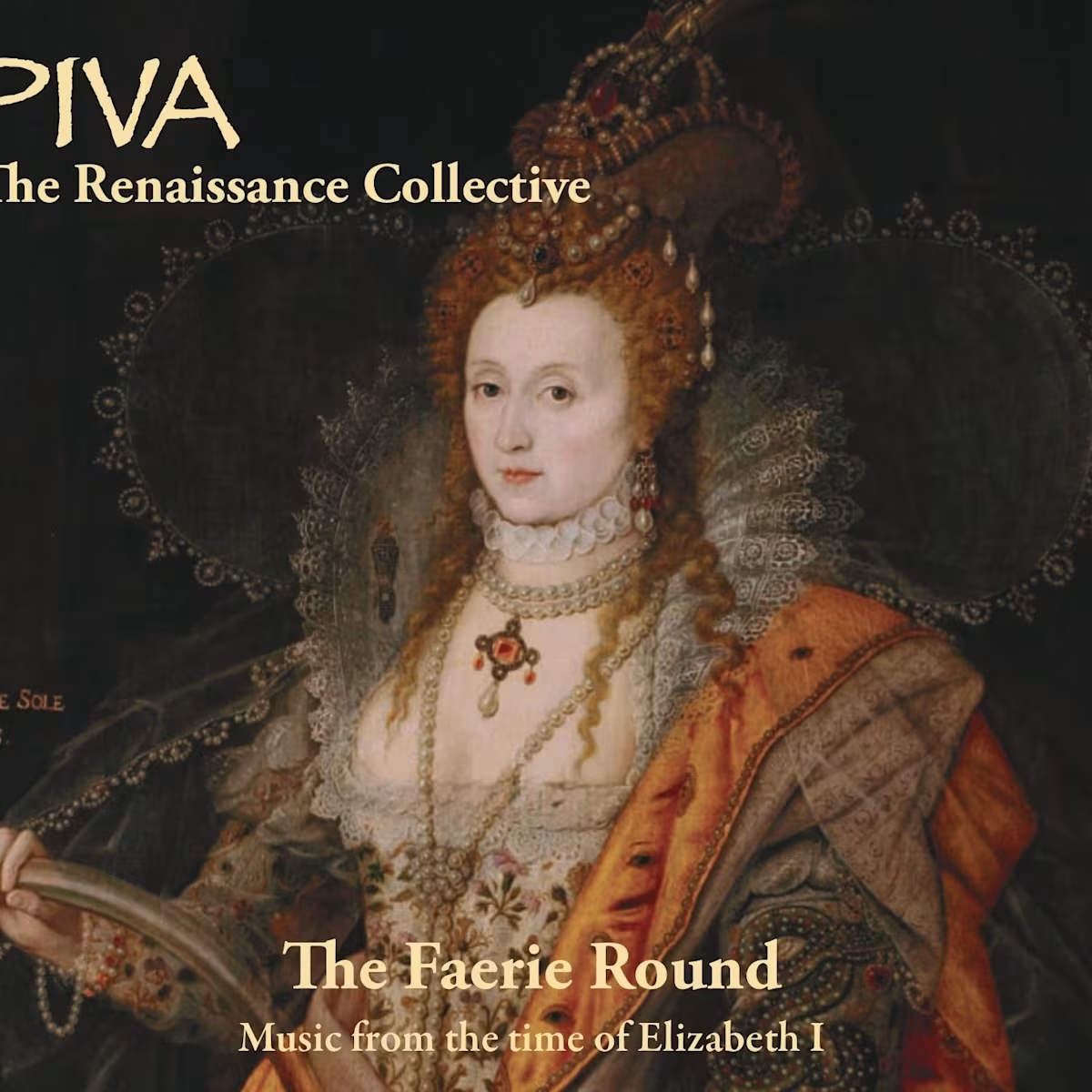Feature
From countertenor to curator: Michael Chance at The Grange Festival
Share this

BY SIMON MUNDY | FIRST PUBLISHED 1 JUN 2025
Opera has been staged at The Grange throughout this century, but this glorious Hampshire estate has a convoluted past. Situated at Northington, near Alresford, and only seven miles from Winchester, today it is an all-purpose venue, presenting operas and concerts in the main theatre, hosting private events and producing its own sparkling wine. Built in the 1660s, the house itself has been demolished, rebuilt, abandoned and reconstructed a dizzying number of times. Since the late 18th century, it has been in the hands of banking families: first the Drummonds (who let it as a 'hunting lodge' to the Prince Regent) and then the Barings, who still own it. Despite it being sold in the 1930s, requisitioned for a US army garrison in World War II, and allowed to disintegrate afterwards, the family finally bought it back at auction in 1965. The structure of the house is the responsibility of English Heritage, which has a guardianship deed on this Grade I-listed building, one of the most celebrated neo-classical mansions in Britain.

In the late 1990s the producer Wasfi Kani, who had been involved in the early days at Garsington Opera, began to stage opera in the old Orangery, and by 2002 there was a fully-fledged 500-seat theatre operating for the festival in June and July. In 2015, though, negotiations over a new lease broke down and Kani's company moved to a new theatre on the estate of the academic and TV presenter, Bamber Gascoigne, at West Horsley in Surrey.
At which point, enter the great countertenor Michael Chance, who was beginning to think of what he might do as his singing career was winding down. ‘I took over 10 years ago, at the invitation of the Baring family, when the relationship with Grange Park Opera ended. I was struck by the setting, the context and the theatre itself, with the audience much closer than normal, a good-size pit and clear, if dry, acoustics. The space is an obvious one for early opera and Mozart. That's what I liked. If you do excellent works, you won't go far wrong.'
‘We had to start from scratch when Grange Park Opera moved out, but we had 18 years of audience loyalty and a good theatre. These two things usually take a long time to acquire. The family asked what I thought. I felt there was nothing to lose. In 2015, I was the only person there, but we decided to go in full blast in 2017, and thankfully most of the main team – box office, technicians, etc. – stayed on when we restarted.’

Among the works included in the programme in the first few years were Purcell's Dido and Aeneas, and Gluck's Orfeo ed Euridice. There was Handel's ‘Agrippina, which I had done early in my singing career with Kent Opera, and Tamerlano. And in 2019 we staged Handel's oratorio, Belshazzar, and I brought in The Sixteen to supplement our young chorus. I had sung all the main Monteverdi operas with Pierre Audi at Netherlands Opera, so we also had Il ritorno d'Ulisse in Patria and L'incoronazione di Poppea.’ Not everything has been smooth, Michael admits. ‘COVID was a struggle. Most of our audience, 60–70%, were very kind, and let us keep the ticket money they had already paid for the 2020 season.’
There has also been a question about the artistic identity of the festival. ‘At various stages people suggested specialising in only Baroque opera – to counter the problem of English country house opera festivals all beginning with ‘G’ and all having mixed programmes – but most of our audience is quite local, and staging only Baroque is hard to do with limited resources.’ He realised that the audience came as much for the setting of the estate as for the opera – a factor that is shared by many of the summer festivals in the English countryside. ‘You don't have to dress up to come to The Grange, but we find people like to, and I'm not going to stop them. We sometimes forget that for many people festivals are as much social as musical occasions.’

Since the pandemic years, Michael has had to rethink the issue of whether and how to use period instruments. ‘I would love to do this all the time, but the expense of bringing and assembling an orchestra on a regular basis is too high. The Bournemouth Symphony Orchestra is the long-term orchestra-in-residence and they do a good job of finding the right way. But this year, we do have Leonardo García-Alarcón and Cappella Mediterranea bringing Rameau's Les Indes galantes for three performances (30 June 1 & 2 July): amazingly this is the first time it has been staged as a full-scale production in England. I wish we could do more French opera. I'm desperate to do Les Boréades.’
Watch the trailer for Rameau's masterful opera-ballet, 'Les Indes galantes', which is set to receive its first full-scale production in England, nearly three centuries after its composition in 1735.
Michael turned 70 this year (though he doesn't look it). ‘I don't really sing any more. I was singing lute songs until a few years ago but only vaguely got away with it. It's such a crowded field now, and my son Alexander is doing so well. It was not his intention (he read classics and law); he didn't study at a conservatoire. He resisted because of me, but in the end, he did it because he loved the music. I'm just back from listening to him sing Tamerlano in Valencia with Renée Jacobs and the Freiburger Barockorchester. That is the gold standard.’
Michael Chance performing William Byrd's 'Rejoice unto the Lord' with Fretwork viol consort, joined by Christopher Wilson (lute/vihuela) and Paul Nicholson (harpsichord). Recorded for and released by Virgin Classics 1988.
‘I really gave up at 60. It was not much fun anymore. Singing countertenor is not easy. You have to keep the muscular fitness up on a daily basis. These days I am teaching at colleges, and since 2002 I have been part of the Royal Conservatoire The Hague, where I coach and direct Baroque opera.’ Michael sees that as his future for the coming years: a combination of passing on his expertise to the next generation, curating, and directing when he has the chance. Although the day-to-day running of The Grange Festival has passed into other hands, he continues to share his vision and inspiration as its Artistic Director.
Rameau's opera-ballet, Les Indes galantes (1735) will receive its first full-scale production in England on 30 June (sold out), with two more performances on 1 & 2 July.
Share this
Keep reading

Voices from a manuscript
Laurie Stras explores how centuries-old scores in the Biffoli–Sostegni manuscript reveal the living sound and practices of nuns in a Florentine convent.

Passacaglia | Danican-Philidor ‘fils aîné’: ‘Le tombeau’
Passacaglia performs ‘Le tombeau’ in a video from their forthcoming album, ‘La Parisienne’, showcasing the music by the Danican-Philidor family.

The Faerie Round: Music from the time of Elizabeth I
PIVA – The Renaissance Collective’s third album features dance and ballad music from late Elizabethan England.



